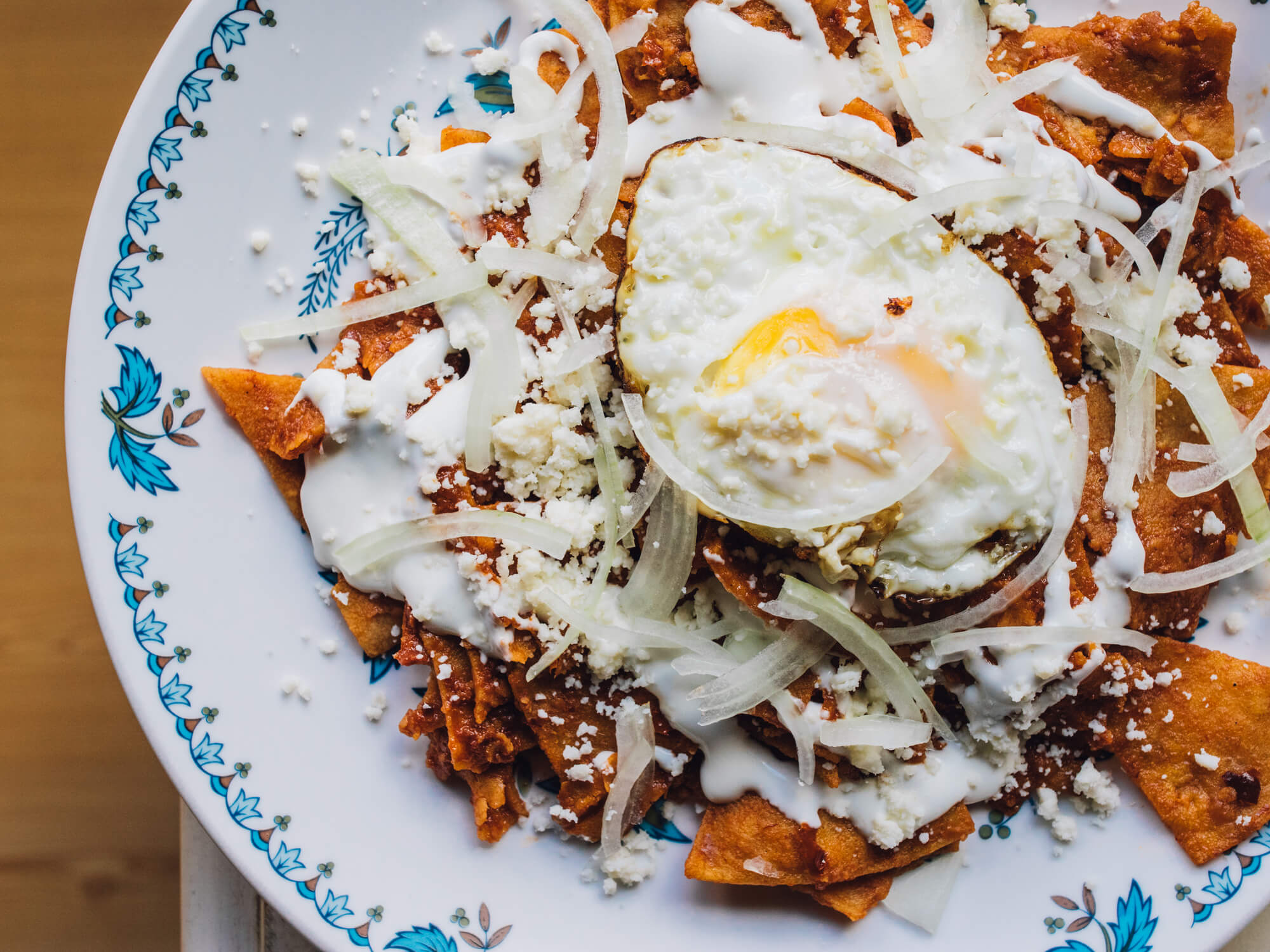Indulging in Queso Fresco: Can Your Pooch Join In?
Contents
Queso Fresco, a soft and crumbly cheese, is a staple ingredient in many traditional Mexican dishes. Its mild flavor and creamy texture make it an ideal topping for tacos, enchiladas, and salads. This cheese is a go-to ingredient for many home cooks who enjoy adding a touch of Mexican flair to their meals.
But what about our four-legged friends? Can dogs eat Queso Fresco without any adverse effects?
This question is one that many dog owners have asked themselves, especially as they sit down to enjoy a plate of nachos or a burrito loaded with Queso Fresco. The answer isn’t as straightforward as we might hope.
What is Queso Fresco?
Before we dive into the question of whether or not your furry friend can indulge in some Queso Fresco, let’s first define what exactly this cheese is. Queso Fresco, translated as “fresh cheese,” is a soft and crumbly cheese that originated in Mexico. The cheese is made from cow’s milk and has a slightly tangy taste that pairs perfectly with other Mexican dishes such as tacos and enchiladas.

Definition and Origin of Queso Fresco
Queso Fresco has been around for centuries, with evidence of its existence dating back to the Aztec empire. It was traditionally made by allowing raw milk to curdle naturally before straining it to separate the curds from the whey. Today, modern variations use pasteurized milk instead of raw milk for safety reasons.
Nutritional Value of Queso Fresco
Now that we know what Queso fresco is and where it comes from, let’s take a look at its nutritional value. One ounce (28 grams) of Queso fresco contains approximately 80 calories, 6 grams of fat, less than 1 gram of carbohydrates, and 5 grams of protein.
It also contains important vitamins and minerals such as calcium and vitamin A. While these nutrients are beneficial for humans in moderation, dogs have different dietary requirements that need to be taken into consideration before feeding them any human food – including cheese.
Risks Associated with Feeding Dogs Queso Fresco
Feeding dogs cheese, including Queso Fresco, can pose several risks to their health. First and foremost is lactose intolerance. Like humans, many dogs cannot properly digest lactose, the sugar found in milk products like cheese.
Consuming dairy products can lead to digestive upset such as diarrhea and vomiting. Additionally, feeding dogs cheese can contribute to obesity if given regularly or in large amounts due to its high fat content.

Lactose Intolerance
Lactose intolerance occurs when a dog’s body lacks the necessary enzyme, lactase, to break down lactose into simpler sugars for digestion. This inability to properly digest lactose can lead to discomfort and gastrointestinal distress for your furry friend. While some dogs may tolerate small amounts of cheese occasionally without issue, others may be more sensitive and experience negative symptoms even with small quantities.
Obesity
Feeding your dog high-fat foods like cheese on a regular basis can contribute to obesity over time if not balanced with exercise and a healthy diet. Obesity in dogs can lead to joint problems, heart disease, and other serious health issues that can shorten their lifespan.
Specific Concerns with Feeding Dogs Queso Fresco
In addition to the risks associated with feeding all types of cheese to dogs, there are specific concerns when it comes to Queso Fresco. This type of cheese is known for its high sodium content which is detrimental for dogs that require low-sodium diets due to underlying conditions such as heart disease or kidney problems. Another concern is potential bacterial contamination from unpasteurized milk used in making some types of Queso Fresco.
Dogs are more susceptible than humans to contracting bacteria such as listeria and salmonella which can cause severe illness or even death in extreme cases. It’s important to always thoroughly wash your hands and any surfaces that come into contact with Queso Fresco if you must handle it, and to avoid feeding it to your dog altogether for their safety.
Alternatives to feeding dogs Queso Fresco
If you’re looking for an alternative to feeding your dog Queso Fresco, there are several safe human foods that can be given to dogs as treats or added to their meals. A great option is fruits and vegetables. Many of these foods are low in calories, high in vitamins and minerals, and dogs absolutely love them.
Some of the best fruits for dogs include berries, apples, bananas, and watermelon. These sweet treats can be given as a healthy snack or added to your dog’s meals for a boost of nutrition.
Vegetables like carrots, green beans, and sweet potatoes are also great options. Not only do they provide essential nutrients like fiber and vitamins A & C, but they also help keep your dog’s teeth clean by acting as natural toothbrushes!
Dog-friendly cheeses that are lower in sodium and lactose-free
If you’re set on feeding your pup some cheese but want to avoid the risks associated with Queso Fresco specifically, there are some dog-friendly cheeses out there that are lower in sodium and lactose-free. One such option is cottage cheese. Cottage cheese is a great source of protein for dogs without containing a lot of salt or lactose.
It’s also high in calcium which supports bone health! Another option is goat cheese – this type of cheese is easier on a dog’s digestive system since it contains less lactose than cow’s milk cheeses.
But remember – even with these alternatives it’s important to feed cheese in moderation since too much can still lead to weight gain or digestive upset for your furry friend. Consult with your veterinarian before introducing any new foods into their diet!
Conclusion
Feeding dogs cheese, including Queso Fresco, can be risky. Cheese is high in fat and sodium content which can lead to obesity and health issues such as heart disease in dogs.
Additionally, cheese contains lactose that many dogs are intolerant to and may cause gastrointestinal problems such as diarrhea. Furthermore, Queso Fresco is particularly susceptible to bacterial contamination because of its soft texture and high moisture content.
Bacteria such as Listeria monocytogenes and Salmonella can pose a serious risk to both dogs and humans if left untreated. Therefore, it’s essential to exercise caution when feeding your dog anything containing cheese.
Consult with a Veterinarian before Introducing Any New Foods into a Dog’s Diet
Before introducing any new foods into your dog’s diet, it’s crucial to consult with your veterinarian first. Your veterinarian knows your dog’s medical history and can provide advice on the best type of food that suits their specific nutritional needs.
Furthermore, they can determine if your dog has any underlying health conditions that may be aggravated by certain foods. It’s important to keep in mind that while many human foods are safe for dogs in moderation; others aren’t suitable for them at all.
Therefore, it would be best if you always exercised caution when feeding them something new or different from their regular diet plan. Keeping your furry friend healthy involves making smart food choices for them that align with their dietary needs.
While Queso Fresco may seem like an innocent treat for our canine companions on occasion; it poses significant risks that could lead to severe illness or even death in some unfortunate cases. So be sure always to check with your veterinarian before introducing anything new into their diet.
